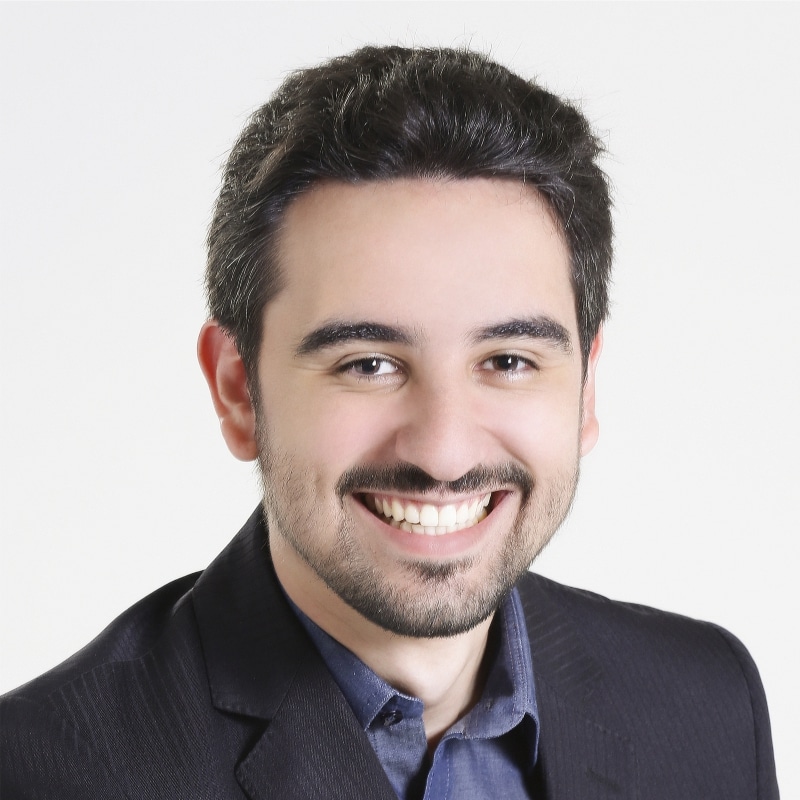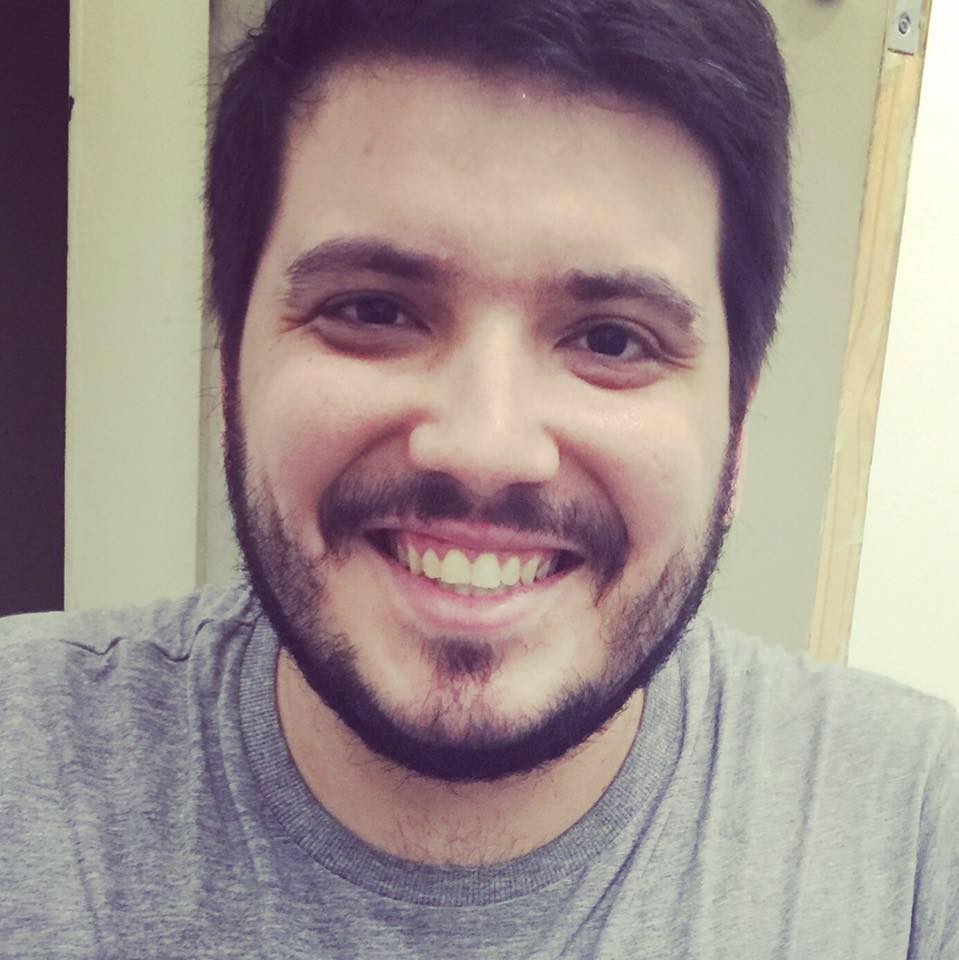Investing in the Future
I asked an investment fund manager recently what were the big investment opportunities in Brazil at the moment. He replied that without doubt he would invest in the health and educational sectors. He specifically mentioned online courses, whether or not they are blended, as showing great potential for growth in the future, although he added that this would be a longer term investment, rather than short term.
When I told him that the experience I have had with online courses has been mixed in terms of success, he didn’t seem surprised. We then went on to speak about the difficulties participants on online courses might have. In his view, the biggest difficulty is cultural. He said that in his opinion, Brazilians in general are not accustomed to doing courses online. To which, I agreed that he may have a point, especially considering that most of the participants were educated in a system which was based on a traditional transmission model of education, where the students are essentially passive recipients of information delivered by the teacher. The concept of self-directed learning, and the strategies for putting it into practice, did not form part of their educational repertoire. And this is a big disadvantage. For learning online demands not only a high degree of motivation, but also a large amount of self-directed learning, and all that this entails. As such, my fund manager was of the opinion that until cultural and educational attitudes and systems change, online courses will always be less than successful. Which is why any investments would have to be for the long term.
Which begs the question, to what extent should courses be trying to change cultural attitudes and educational methods, and learning styles and strategies? A recent blended course for state school teachers I was involved in definitely attempted to do so. The organization running the course was British and all the materials were pre-prepared and packaged. Judging by the content of the material, there seemed to be a presumption that the course participants were not familiar with self-directed and collaborative learning (which was fairly accurate assumption). So, there was a lot of material on using technology, on learning strategies, note taking, group work, etc.
These are undoubtedly useful skills for a learner, and teacher, to possess. However, from the start, the teachers made it clear how irrelevant much of the material was to them. And in the end, I had to agree with them. These teachers have very little access to technology in the classroom; they teach large classes of up to fifty students where group work is often impossible; and where controlling the students takes priority to teaching learning strategies.
Although they agreed that self-directed learning was an admirable goal, they didn’t have time to wait five or six years down the line. What they wanted were approaches, techniques and strategies which they could implement in the here and now. They especially wanted ideas on how to control and manage a large group of students, and activities and games they could use with large classes. I tried my best to accommodate them, but we were very much restricted by the materials.
So, what is the solution to this chicken or the egg conundrum? Do we continue to impose current but largely impractical ideas on teachers, or do we give them what they want, and eschew the newfangled trends? Or do we take more of a piecemeal approach and hope to foster small changes, if not in practice then at least in beliefs?
Unfortunately, the fund manager didn’t have any solutions either. His parting words were that the education sector can probably wait, and in the meantime he would be investing in healthcare.




